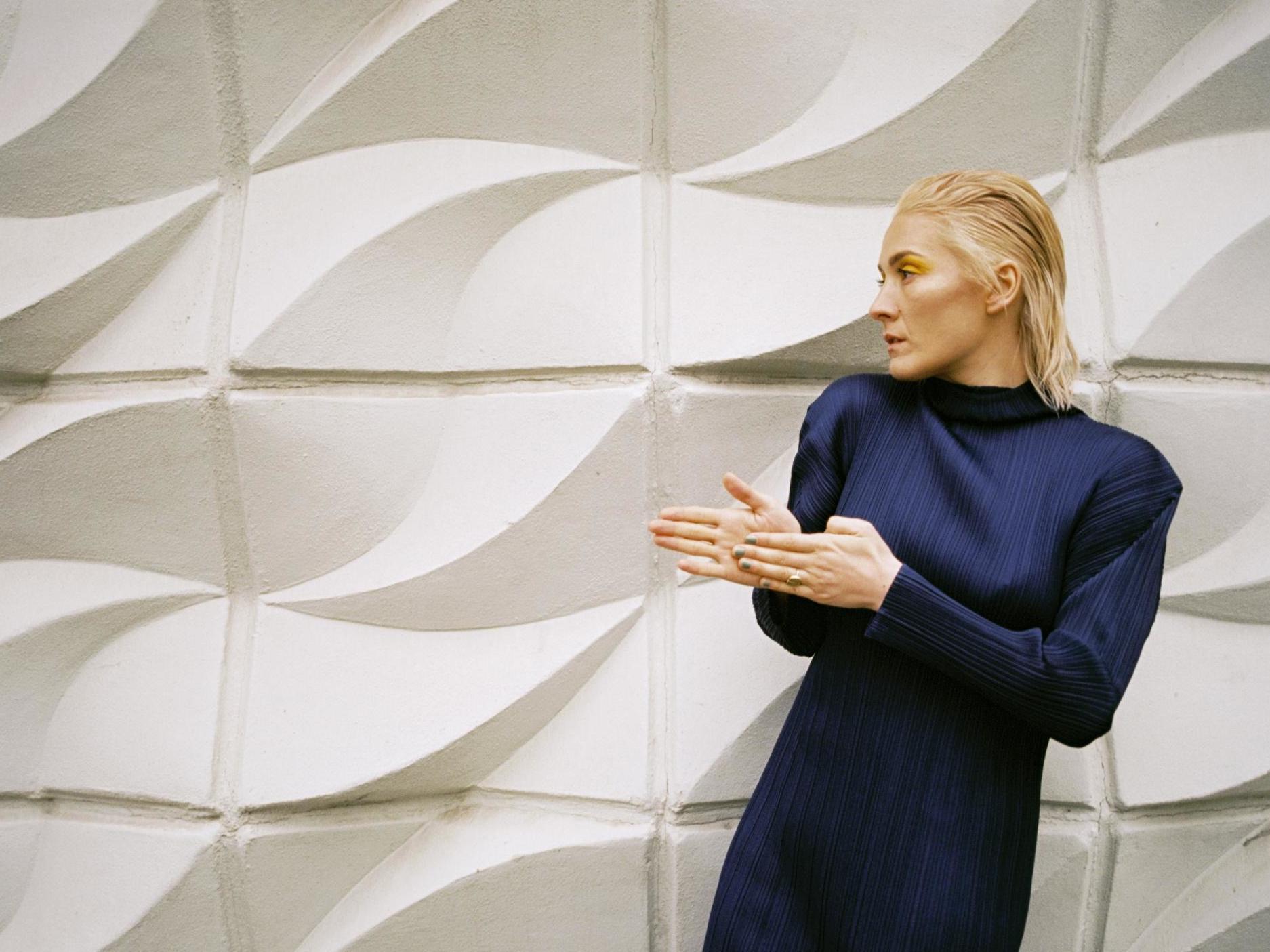Cate Le Bon interview: ‘Sexism in music is a tiresome conversation because it’s still prevalent’
Ahead of the Mercury Prize, the Welsh artist tells Roisin O'Connor about her self-imposed exile, the ‘politics of division’, and working with wood

For her fifth studio album, Cate Le Bon went to live in a secluded cottage in the Lake District and took lessons in wood-carving at the illustrious furniture school Waters & Acland. She sang to herself, and played the piano late at night. But the compositions on Reward are lush, warm and whimsical – opener “Miami” is filled with stately horns and percussion that reminds you of childhood. There’s a fantastic sense of space, too, in the diaphanous arrangement of “The Light” and Le Bon’s delicately spun vocals. Ahead of the Mercury Prize, The Independent spoke to the Welsh artist about her self-imposed exile, the “politics of division”, and working with wood.
In the run-up to making this record I was living this alienation. I kind of exiled myself by a series of decisions, which I didn’t fully comprehend the impact of. I would sing to myself. I’d go for a week without speaking to anybody, so when the time came to go the bakery or something I’d be surprised by the sound of my own voice. There’s no one to seek approval other than yourself, which is risky but it’s pretty exciting too, at times. You create a kind of vacuum where you annihilate your own existence in a way. It takes time to look back on things. The thing about living there and going to furniture school was to allow music to become something that wasn’t under surveillance, to readdress my relationship with it.
Places like Scotland and Wales seem to be quashed and ignored in politics. I think it’s really indicative of the politics of division going on. It’s a sad state of affairs. It feels surreal, what’s happening right now. It’s completely rudderless. And the monarchy’s like a different dimension, isn’t it? It’s bananas, totally bananas. The money that’s spent on it when the country is where it’s at. The whole thing stinks.
Sexism in music is tiresome as a conversation because it’s still prevalent. I guess there’s still a fear of speaking out, a valid fear that your career could be ruined. The biggest issue for me is when men who are reviewing decide what the intention of the artist was. How the f*** do you know? That, to me, is another red flag. But what can you do? I called someone out on it once, when they called me a “singer-songwriter” and the man an “artist”, and they said they didn’t want to use the same word twice. I asked them, would you have called him a “singer-songwriter”? Of course not.
I was so estranged when the record came out, it’s nice to have more gentle feelings towards it now. There was a repulsion, like “get this thing away from me!”. It’s like a defence mechanism, to remove yourself completely from it. There were s*** bits during that time in the Lake District. It had been so long since I’d spent time in one place, and I was always surrounded by people, travelling. So there were moments where it felt like I’d be transplanted into someone else’s life, which was like a disassociation of sorts. You have to go through a pretty tough reckoning with yourself.
There’s a strange coyness that comes from being an artist, but you can’t be coy. You should do something and it should always be on your own terms, otherwise what’s the point? And having him reteach me that was brilliant, and much needed, I think. It can be hard as a woman to be assertive without worrying that someone’s going to call you difficult.
I loved being in furniture school. We’d start out with sharpening chisels. One girl ripped her hand open, which was a real lesson in being vigilant. She laughed when it happened, but I nearly passed out when I took her to the sink and the water hit the wound, and I realised how deep it was.
The economy of time changes when you’re working with wood. You’ve got a really lovely order of process with music, but part of that is shattering it and following your nose. I’m trying to build a shed at the moment, which is the perfect antidote to everything.
The Mercury Prize takes place tonight and will air live on BBC Four from 9pm, and on BBC Radio 6 Music from 7pm. Reward is out now
Join our commenting forum
Join thought-provoking conversations, follow other Independent readers and see their replies
Comments